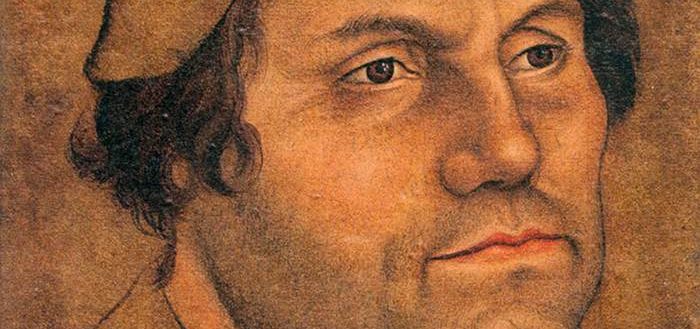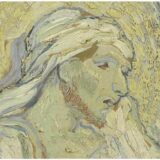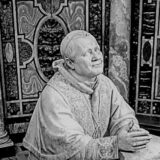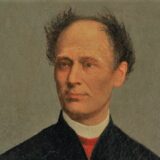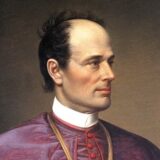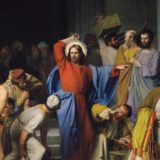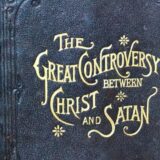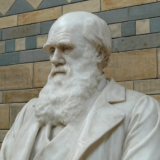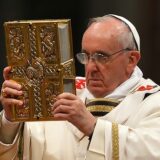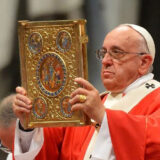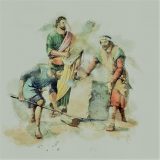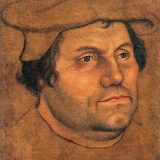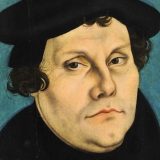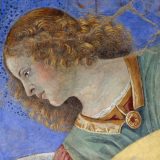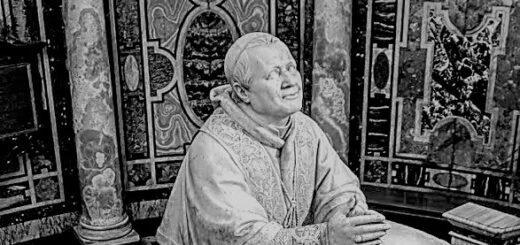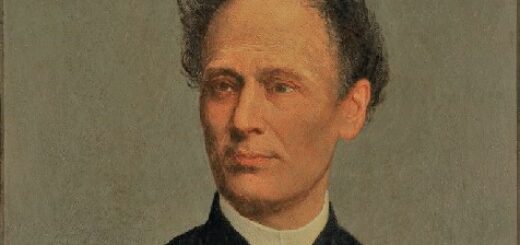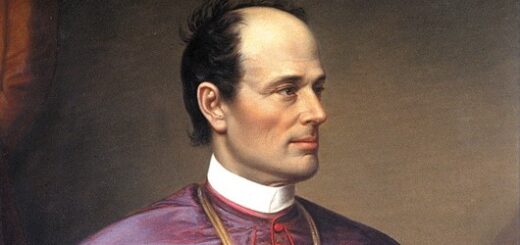Ninteteen articles described by Ellen G. White (1827-1915). Immensely interesting and important to any Christian who wants to be documented. Ellen G. Whites’s series were released weekly in The Signs of the Times from Mai 31 – November 1, 1883. This is an Adventist periodical.
1- Martin Luther — His Character and Early Life
2- Luther at Wittenberg
3- The First Blow of the Reformation
4- Luther’s Source of Strength
5- Luther Summoned to Augsburg
6- Luther Before the Pope’s Legate
7- Luther’s Royal Protector
8- Luther Appeals to Germany
9- Papal Plots Against Luther
10- Aleander’s Speech Against Luther
11- Luther’s Journey to Worms
12- Luther Before the Diet
13- Luther’s Second Answer Before the Diet
14- Charles V. Against Luther
15- Proposed Compromise With Luther
16- Luther in the Wartburg
17- The Reformation During Luther’s Imprisonment
18- Luther Returns to Wittenberg
19- Triumph of the Reformation
Introduction from the first article, the first four paragraphs:
“Through all the ages of papal darkness and oppression, God’s care was over his cause and his people. Amid opposition, conflict, and persecution, an all-wise providence was still at work in the upbuilding of Christ’s kingdom. Satan exercised his power to hinder the work of God, by destroying the workmen; but as soon as one laborer was imprisoned, or slain, another was raised up to fill the vacancy. Despite all the opposing powers of evil, angels of God were doing their work, heavenly messengers were searching out men to stand as light-bearers amid the darkness. Notwithstanding the wide-spread apostasy, there were honest souls who had given heed to all the light which shone upon them. In their ignorance of God’s word they had received the doctrines and traditions of men, but when the word was placed within their reach, they earnestly studied its pages, and in humility of heart they wept and prayed for a knowledge of God’s will. With great joy they accepted the light of truth, and eagerly sought to impart light to their fellow-men”.
Through the labors of Wickliffe, Huss, and kindred workers, thousands of noble witnesses had borne testimony to the truth; yet at the beginning of the sixteenth century the darkness of ignorance and superstition still rested like a pall upon the church and the world. Religion was made to consist in a round of ceremonies, many of them borrowed from heathenism, and all devised by Satan to lead the minds of the people away from God and the truth. The worship of images and relics was still maintained. The Scriptural ordinance of the Lord’s Supper was supplanted by the idolatrous sacrifice of the mass. Popes and priests claimed the power to forgive sins, and to open and close the gates of Heaven to all mankind. Senseless superstitions and rigorous exactions had taken the place of the true worship of God. The lives of popes and clergy were so corrupt, their proud pretensions so blasphemous, that good men trembled for the morality of the rising generation. With iniquity prevailing in the high places of the church, it seemed inevitable that the world would soon become as wicked as were the antediluvians or the inhabitants of Sodom.
The gospel was withheld from the people. It was regarded as a crime to own or read the Scriptures. Even the higher classes found it difficult to obtain a glimpse of the word of God. Satan well knew that if the people were permitted to read and interpret the Bible for themselves, his deceptions would speedily lose their power. Hence it was his studied effort to shut the Scriptures away from the people, and to prevent their minds from becoming enlightened by the truths of the gospel. But a day of religious light and freedom was about to dawn upon the world, and all the efforts of Satan and his hosts were powerless to prevent its coming.
Foremost among those who were called of God to break the chains of popery, and lead the church into the light of a purer faith, stood Martin Luther. Though, like others in his time, he did not see every point of faith as clearly as we see it today, yet he earnestly desired to know the will of God, and joyfully received the truth as it was made plain to his understanding. Zealous, ardent, devoted; knowing no fear but the fear of God, and acknowledging no foundation for religious faith but the Scriptures of truth, Luther was the man for his time; and through him God accomplished a great work for the emancipation of the church, and the enlightenment of the world. Continues…
The entire series (90 pages, 2,9 MB) can be downloaded below. Enriched with pictures.

